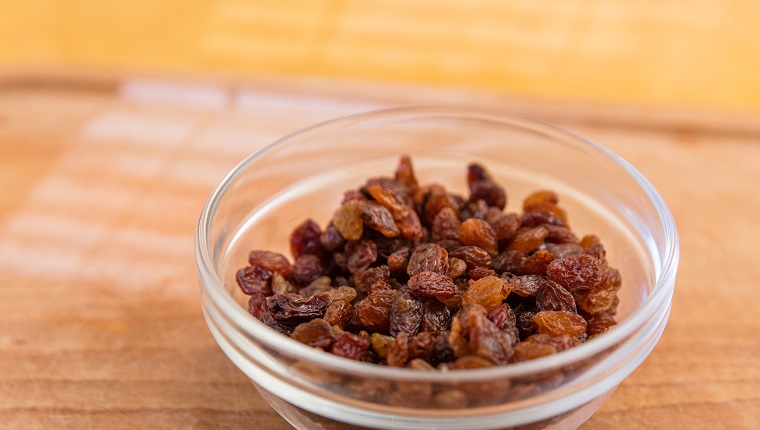Can dogs eat sultanas? You may be asking this because your pup ate some of these dried fruits, and you’re worried about their health. Humans can eat sultanas, so are they also safe for dogs to eat?
The short answer is no, sultanas are not safe for dogs to eat. Sultanas are a type of seedless raisin that tend to be…









